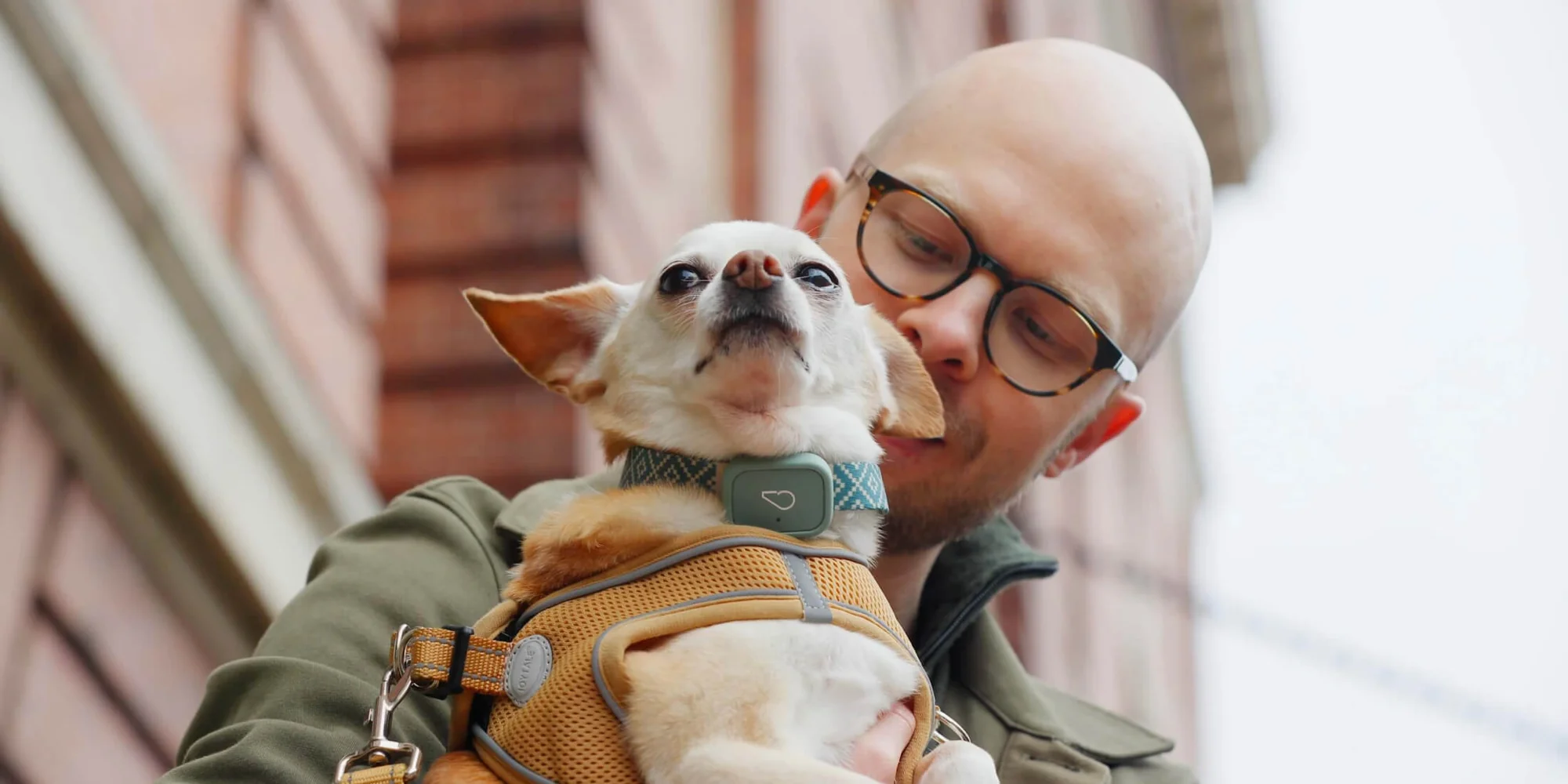The bolting breeds - which dogs are more likely to run off?

There’s no question that every dog needs love, attention, and careful supervision, but science shows us that some breeds are more inclined to dash away from even the happiest home. Most of the time, dogs escape the house not due to bad living conditions or a desire to get away from their human families but, with apologies to Bruce Springsteen, baby, they were born to run!
And it’s true. Some dogs really are born to run – hunting breeds and herding breeds, specifically. Another type of dog that might wander off the property is the stubborn brachycephalic breed, those strong-willed and independent pooches that tend to follow their own noses more than take direction. We asked our VetInsight teams and the experts at Wisdom Panel to specify which breeds feel the need to bolt and why. Here’s what we learned.

Hunting Breeds
These types of dogs were bred to do specific tasks requiring high levels of energy and stamina. As such, they need large amounts of exercise or they will become restless. German Shorthaired Pointers and Vizslas can cover a lot of ground rather quickly, as can hounds like Beagles and Foxhounds who made an early career of chasing prey for their hunting companions. Labrador Retrievers and Bloodhounds are tracking dogs who can get carried away following an engrossing scent. But don’t be fooled into thinking only larger breeds are hunters. Terriers, like Russell Terriers and Scottish Terriers, got their start chasing rats and other vermin, and require vast exercise just like their bigger counterparts.
Herding Breeds
German Shepherd Dogs, Australian Shepherds, and Border Collies were bred for their intelligence and focus. Huskies were originally bred for herding reindeer, then trained to work as a pack by pulling sleds. If these kinds of dogs don’t get to expend that kind of energy through exercise and proper mental stimulation at home, they can get bored and start to exhibit abnormal behaviors such as pacing, digging at the door, or breaking through a crate.
Brachycephalic breeds
These breeds are characterized by their short-muzzled/flattened faces caused by a genetic mutation which alters the way their skulls grow. This includes Bulldogs, Boxers, Mastiffs, and the like. They can be very large, very strong and very stubborn. Many may not want to be confined to a yard or a crate and may use their considerable strength to break through certain confinements. Making sure these breeds get enough activity is very important to keeping them happy, healthy and safe at home!
For our feline friends...
Anyone who has a cat knows they are little torpedoes aimed at the door just waiting for their chance. And Whistle has the data to prove it. Approximately ⅕ of our 100 most tracked pets on the platform are cats. Their instinctive urge to hunt and protect their territory often leads them beyond the boundaries of your home. This may include your neighbor’s sunny yard or perhaps that house down the street with the “good” cat food. Giving your cat as much exercise that plays off their instincts is a great outlet for avoiding these escape behaviors.
Remember that escaping behavior varies with each individual pet, regardless of species or breed. Make sure your dog has a microchip, up-to-date tags, and a Whistle GPS Pet Tracker on their collar to ensure a quick reunion if they ever do high-tail it down the road. Learn more about the Whistle GO Family of trackers so you can keep your pet on your radar, wherever you – or they – are.












